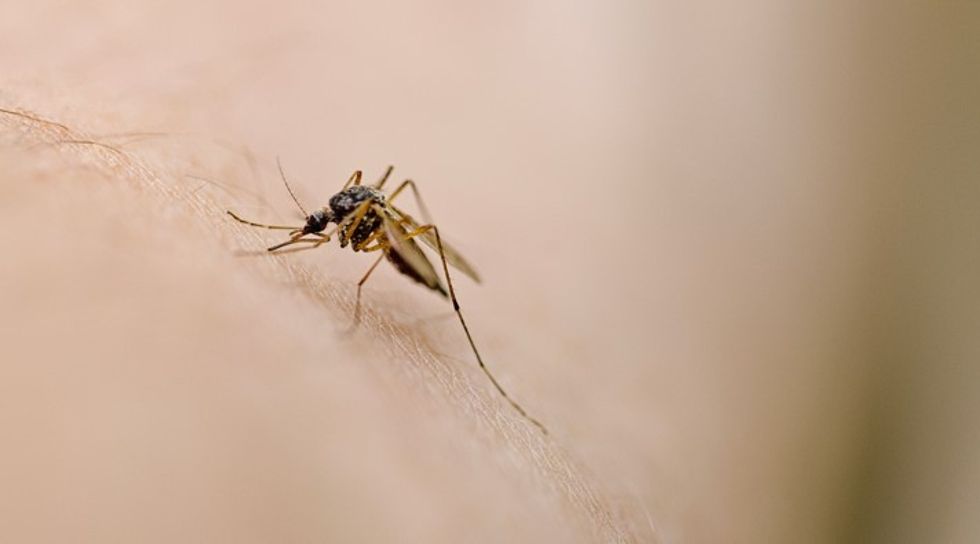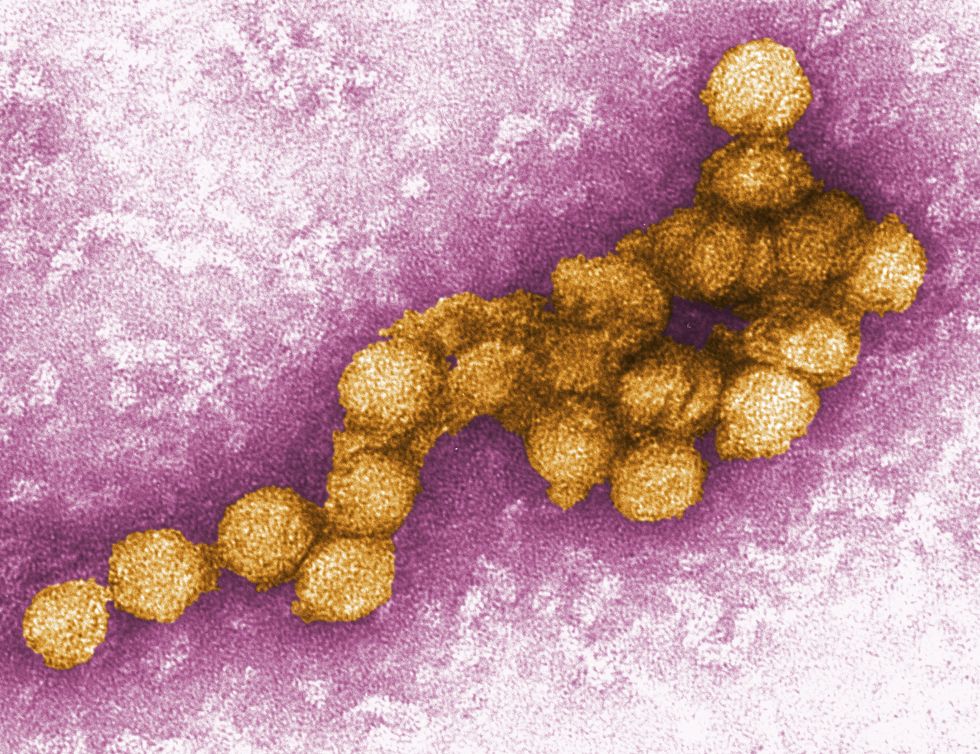'No symptoms, no treatment': Professor warns of hidden health risks as deadly virus detected in UK mosquitoes for first time

Authorities say no locally acquired human cases have been detected in the UK to date
Don't Miss
Most Read
West Nile virus has been detected in mosquitoes in Britain for the first time, the UK Health Security Agency has reported. The virus was found in mosquitoes collected in Nottinghamshire in July 2023.
Officials have assessed the risk to the general public as "very low" and confirmed there is no evidence of transmission to humans.
There is also no indication that the virus has become endemic in the UK, with no locally acquired human cases having been detected in the UK to date.
This historic detection follows warnings that the geographical boundaries for serious vector-borne diseases are moving steadily northwards due to climate change.

West Nile virus typically circulates in birds through mosquitoes
|GETTY
The virus was detected through the Vector-Borne Radar programme by the Animal and Plant Health Agency in Aedes vexans mosquitoes collected from wetlands on the River Idle near Gamston.
The mosquitoes were pooled into groups of 10 for testing, with fragments of West Nile virus genetic material identified in two of the pools.
West Nile virus typically circulates in birds through mosquitoes, which can rarely transmit it to humans or horses.
Most human infections are asymptomatic, with about one in five people developing flu-like symptoms and a very small percentage developing severe neurological illnesses such as encephalitis or meningitis.
Dr Arran Folly, an arbovirologist at the Animal and Plant Health Agency, said: "The detection of West Nile virus in the UK is part of a wider changing landscape where, in the wake of climate change, mosquito-borne diseases are expanding to new areas."
The virus is endemic in southern Europe, Africa, the Middle East, North America and Australia, with its range expanding northward as long, hot summers become more frequent.
Disease surveillance and control activities are being enhanced following the discovery, with advice issued to healthcare professionals to test patients with unexplained encephalitis as a precaution.
Professor Tom Solomon, Director of the NIHR Health Protection Research Unit on Emerging Infections, emphasised that whilst this is a significant finding, the risk remains low.
LATEST DEVELOPMENTS

No human cases have been detected in the UK to date
|GETTY
“Given this is just a few infected mosquitoes, the risk to the public is low. However, it underscores the need for surveillance for these kinds of pathogens and funding for research," he said.
“West Nile virus mostly causes just a febrile illness in humans, and can infect people with no symptoms at all.
“However, in a small proportion of patients, the virus can cause neurological disease, which may lead to paralysis or even death. Unfortunately, there is no specific treatment."
Professor Paul Long from King's College London noted: "Although virus-infected mosquitoes have been found in the UK, there's no evidence yet that these mosquitoes will survive in the UK climate, although prolonged warm weather does increase the chances."











